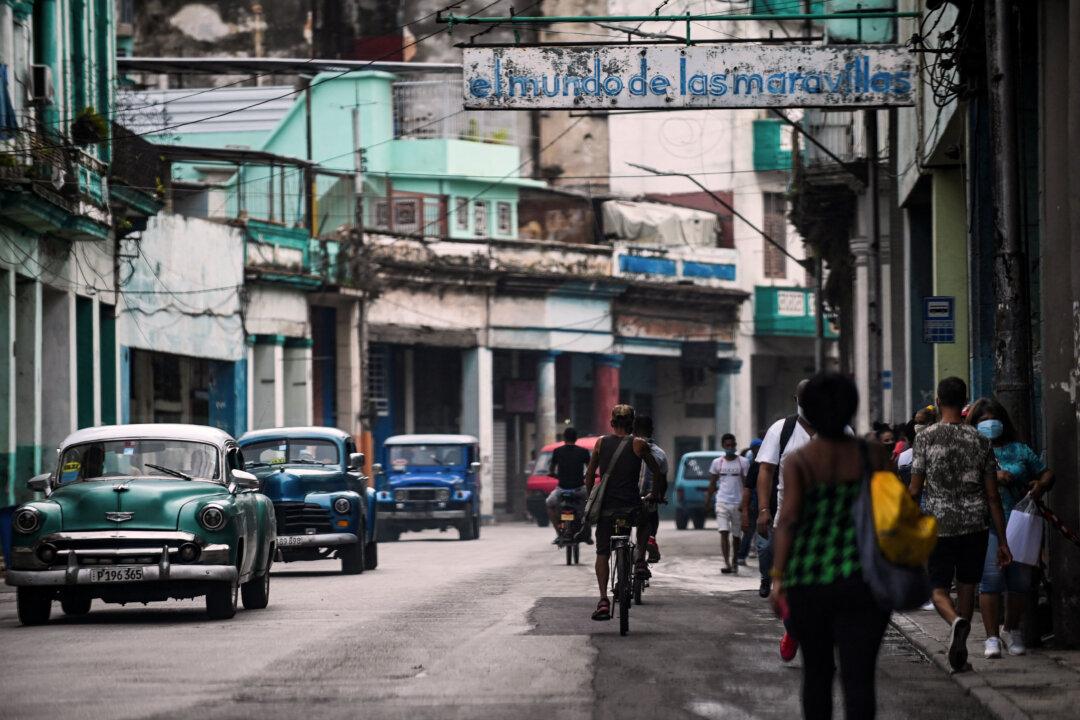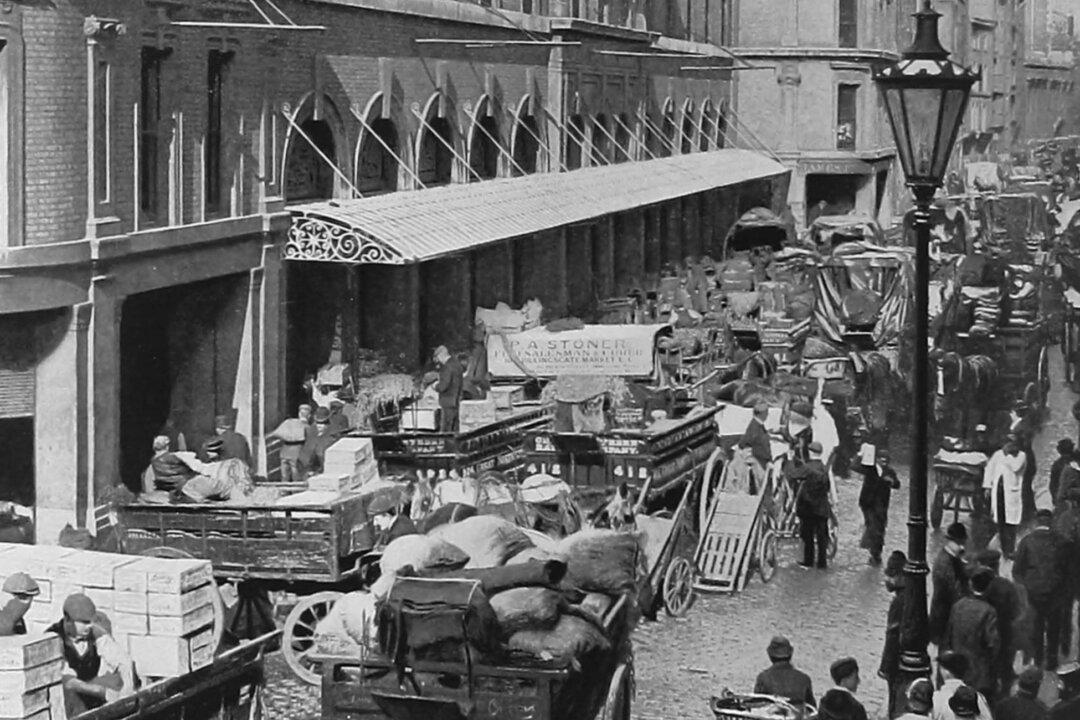Commentary
Every year since 1992, the U.N. General Assembly votes on a resolution brought forth by Cuba’s government regarding the need to end the U.S. embargo. Each time the resolution is brought, Cuba’s government attributes the country’s economic hardships—such as shortages, rationing, and limited access to goods—to the long-standing U.S. embargo, which it frames as a form of “economic warfare.” In its 2023 estimate, Cuba claimed that the embargo has cost its economy a total of $1.34 trillion, adding roughly $13 million in losses each day over the past year. This is an enormous number—and just as enormous a pile of rubbish.





